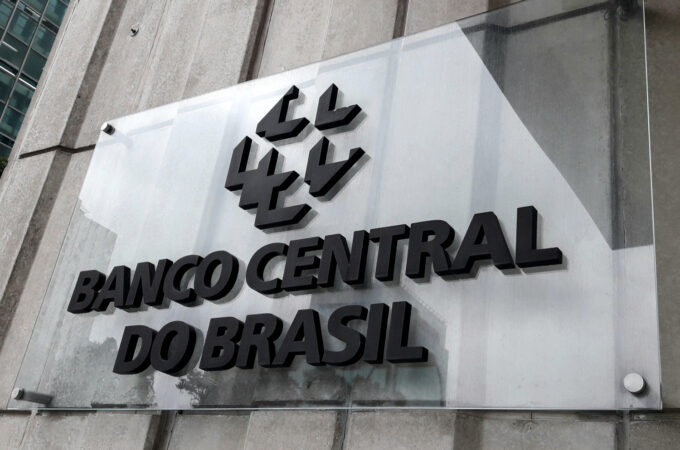
Europe’s New AML Directive Means Banks Can No Longer Shut Crypto Out
via Forbes
Anyone doing business in the crypto space knows it’s not regulations that are the biggest obstacle to getting off the ground. Rather, it’s the widespread lack of access to basic financial necessities — like a bank account. This is killing crypto businesses by shutting them out of the mainstream economy.
This practice is known as “de-risking”. The Financial Action Task Force (FATF)characterises de-risking as the phenomenon of financial institutions terminating or restricting business relationships with clients or categories of clients to avoid, rather than managing risk in line with the agency’s guidelines. De-risking stems from various factors, including concerns about profitability, prudential requirements, anxiety after the global financial crisis, or reputational risk.
This issue is of crucial importance for two reasons:
- De-risking can introduce further risk and opacity into the global financial system, as the termination of account relationships has the potential to force entities and persons into less regulated or unregulated channels. Moving funds through regulated, traceable channels facilitates the implementation of anti-money laundering (AML)/combating the financing of terrorism (CFT) measures;
- It is essential to ensure that the global AML/CFT standard is well understood and accurately implemented, and that countries and their financial institutions are provided with support in designing AML/CFT measures that meet the goal of financial inclusion.
The FATF Recommendations only require financial institutions to terminate customer relationships, on a case-by-case basis, where the money laundering and terrorist financing risks cannot be mitigated. It is, however, not in line with FATF standards to cut loose entire classes of customers, without taking into account, seriously and comprehensively, their level of risk or risk mitigation measures for individual customers within a particular sector. Nevertheless, it remains a widespread problem for crypto.
But this may be about to change thanks to the European Union’s much-awaited 5th Anti-Money Laundering Directive, or AMLD5. Under the directive, which entered into law on 9 July 2018, virtual assets and virtual asset service providers are now recognised as “obliged entities” — the same designation as banks, payment processors, gaming, and gambling businesses. This means that, provided these crypto businesses can show evidence of compliance with relevant regulations, they must be treated in the same way as other businesses.
Let me explain why this is so important.
Under AMLD5, banks must manage the AML risk related to the specific counterparties they work with. They cannot refuse services simply because an entity belongs to a particular sector such as crypto; cases must be assessed individually. So a bank cannot refuse service just because a counterparty is, for example, a cryptocurrency exchange.
This is both a challenge and an opportunity for the crypto asset space. In order to reach its true potential and positively reshape the financial industry, blockchain must accept — even welcome — the scrutiny of global regulators. It is incumbent on those of us developing solutions based on this technology to work constructively with governments and regulators as well as financial institutions to build, over time, a regulatory and business framework that recognizes the fundamentally new reality of crypto. We can use AMLD5 as a starting point to show the wider world our seriousness and commitment to transparency and delivering real solutions.
It is just as important for governments, regulators, and incumbent financial-sector businesses in particular not to let their lack of familiarity, and in many cases comfort, lead them to unfairly stifle the legitimate growth of the technology. “De-risking” should never be an excuse for the private sector to avoid implementing a proper risk-based approach in line with the FATF standards. This has been emphasised by the FATF on a number of occasions, clarifying that the standards require the application of a case-by-case risk-based approach, as opposed to wholesale de-risking.
AMLD5 is therefore a positive development for crypto businesses. It is now essential that founders and developers work with regulators from the EU and elsewhere to establish, over time, precedents for cooperation that work for everyone. All sides must be respectful in this enterprise. And while I believe AMLD5 has its shortcomings, I’m confident it can be an open door for crypto companies can gain a foothold in the mainstream financial sector in a way that helps our industry, and the broader economy, grow and thrive.
It is my hope that, with this new directive (and a fair-minded enforcement regime), the EU is signalling to financial sector businesses that crypto must be treated like all other technologies: fairly, on a case-by-case basis. It is past time for incumbents to stop tarring all blockchain platforms with the same brush, and instead to start working with us to deliver solutions to our customers.





